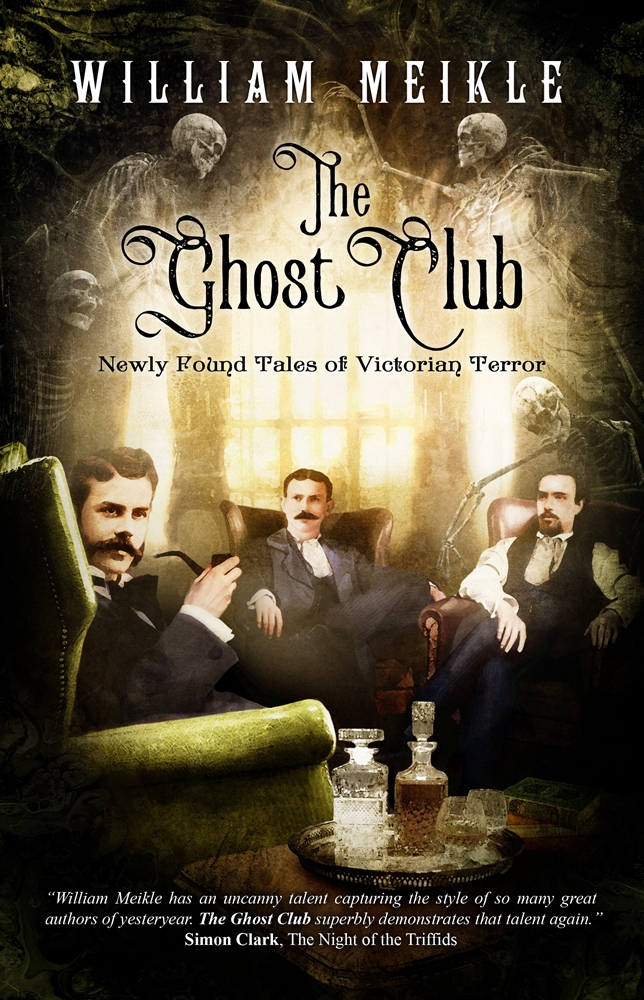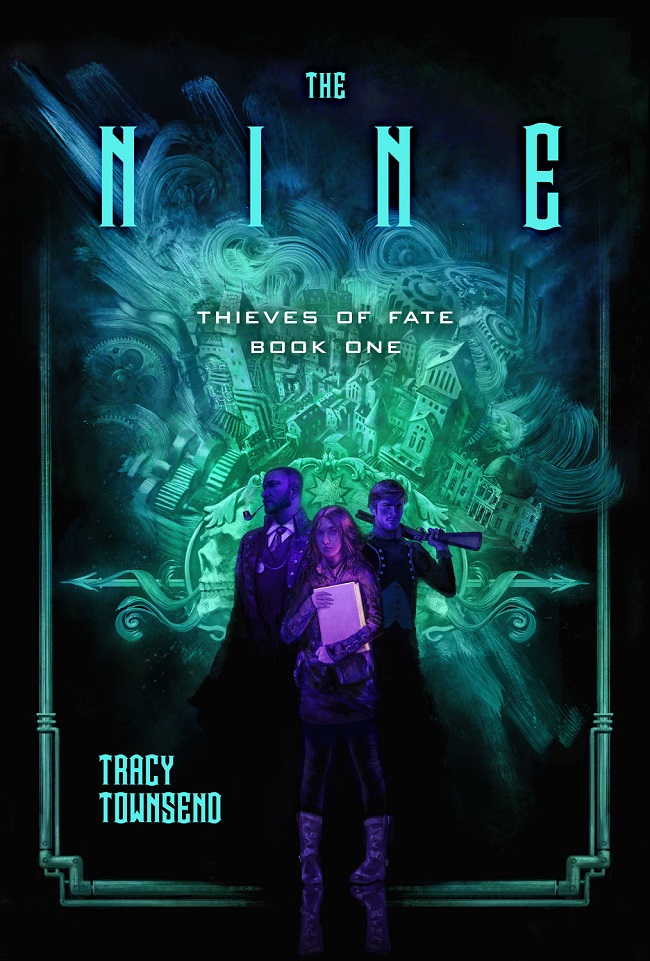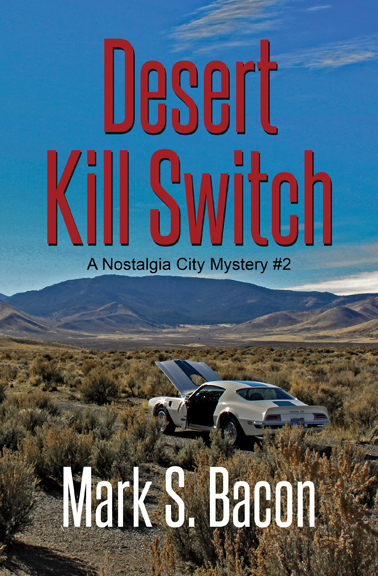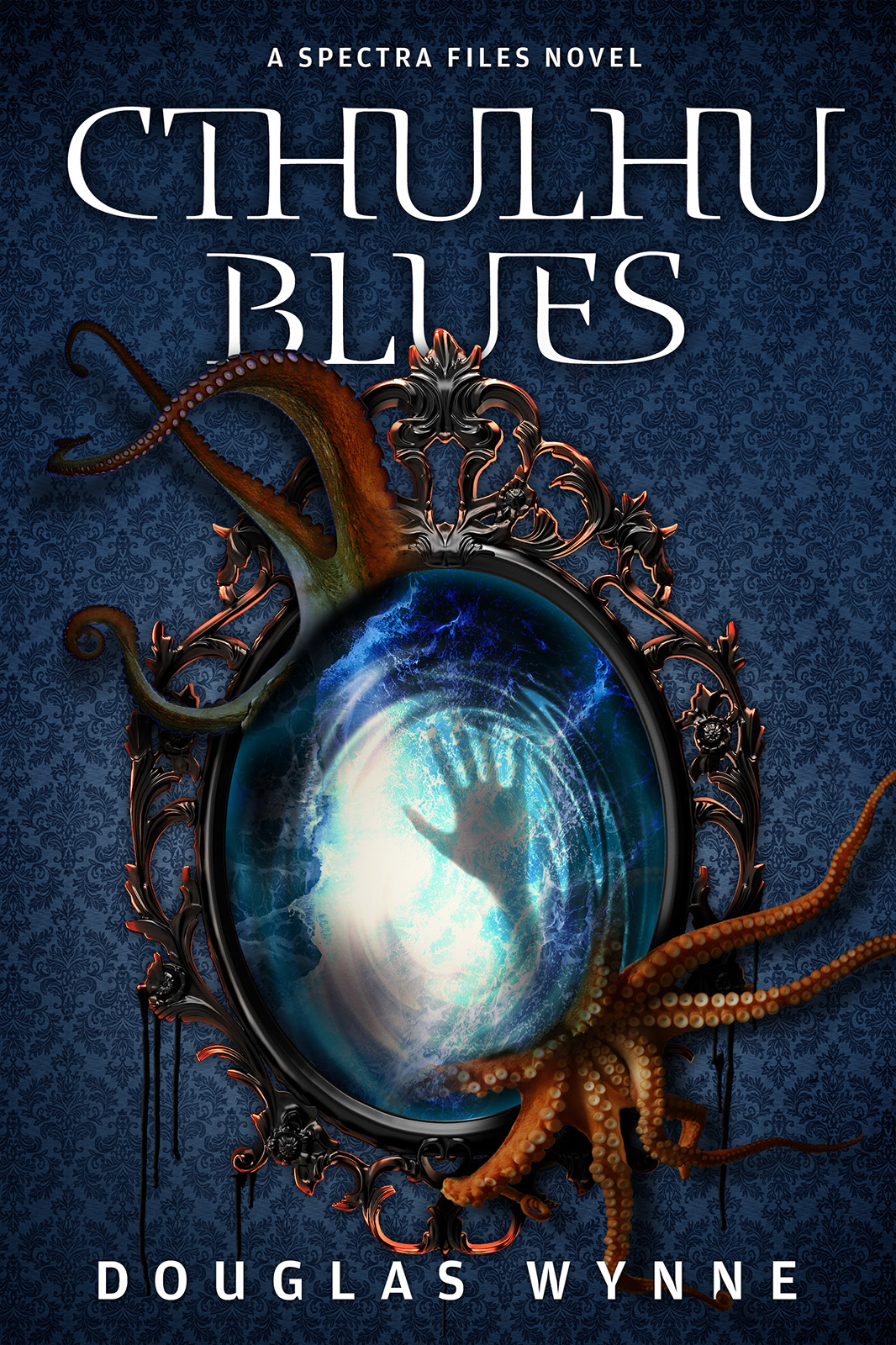My guest this week on The Scariest Part is author William Meikle, whose new story collection is The Ghost Club. Here is the publisher’s description:
Writers never really die; their stories live on, to be found again, to be told again, to scare again.
In Victorian London, a select group of writers, led by Arthur Conan Doyle, Bram Stoker and Henry James held an informal dining club, the price of entry to which was the telling of a story by each invited guest.
These are their stories, containing tales of revenant loved ones, lost cities, weird science, spectral appearances and mysteries in the fog of the old city, all told by some of the foremost writers of the day. In here you’ll find Verne and Wells, Tolstoy and Checkov, Stevenson and Oliphant, Kipling, Twain, Haggard and Blavatsky alongside their hosts.
Come, join us for dinner and a story.
And now, let’s hear what the scariest part was for William Miekle:
In The Ghost Club I’ve undertaken the task of writing a collection of supernatural stories as told in the voices of famous Victorian writers like Conan Doyle, Jules Verne, Oscar Wilde and many others. It’s probably the most ambitious piece of work I’ve ever attempted, but surprisingly to me that in itself wasn’t the scariest part of the process.
I’m Scottish, and was brought up in a tradition of old songs rather than old stories. My grandmother loved to sing to us, and she had a seemingly inexhaustible supply of folk songs, hymns, gospel, snatches of jazz and popular records of the day — this was the early ’60s, so Elvis and the Beatles got more than their share among the Scottish tunes.
It was one of the old Scots songs that was the cause of the scary part for me, a seemingly innocuous little song that’s also a murder ballad, a lament, and a rather nasty tale of infanticide. We Celts are big on that stuff in case you haven’t noticed. That, drinking, fighting and herring fishing, but that’s another set of songs for another day.
I had got to the Margaret Oliphant story and I knew it would be an ‘upstairs, downstairs’ tale of a maid and a big house. Mrs. Oliphant was another Scot, and I wanted to reflect that in the story somehow. But I didn’t know the song was going to turn up until it did, right at the moment I needed it. Gran had sung it to us, and I’ve since performed it myself in folk clubs, back when the world was young, so I didn’t even have to look up the lyrics.
“She sat down below a thorn. Fine flowers in the valley
And there she has her sweet babe borne. And the green leaves they grow rarely.”
And I didn’t just write it down, I heard it in my head, clear as day, in my old Gran’s voice, so clear that it brought tears to my eyes and I had to stop and look round to make sure she wasn’t in the doorway watching me.
That’s not the scary part either, for I’ve had that kind of reaction to sudden memories of her before now over the years since she died.
No, the scary part came later. I’d worked on the story all day and got nearly finished, but I was getting tired, it was late and time for bed so I didn’t push it. I went to brush my teeth, and was standing by the sink when I heard it. It wasn’t my Gran’s voice this time, it was a child’s, a young girl by the sound of it, and it seemed to be coming from outside the window, out in our back yard. I heard it, loud and clear.
“She’s taken out her little penknife. Fine flowers in the valley
And twinned the sweet babe of its life. And the green leaves they grow rarely.”
I didn’t look out, didn’t dare to, and I stood there for a while in the brightly lit bathroom, waiting, but it wasn’t repeated.
It was a long while before I got to sleep that night though.
Writers, eh? We’re a weird bunch.
The Ghost Club: Amazon / Barnes & Noble / Powell’s
William Miekle: Website / Facebook / Twitter / Goodreads
William Meikle is a Scottish writer, now living in Canada, with over twenty novels published in the genre press and more than 300 short story credits in thirteen countries. He has books available from a variety of publishers and his work has appeared in a large number of professional anthologies and magazines. He lives in Newfoundland with whales, bald eagles and icebergs for company. When he’s not writing he drinks beer, plays guitar, and dreams of fortune and glory.





